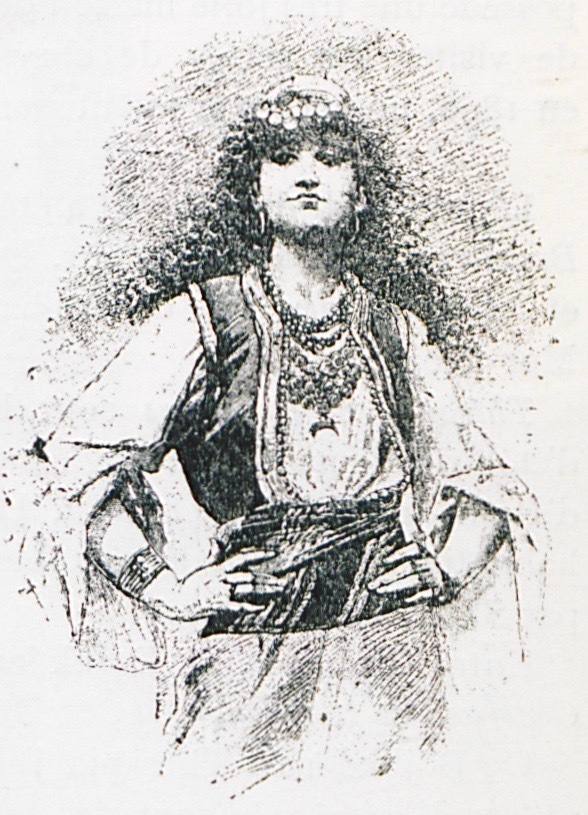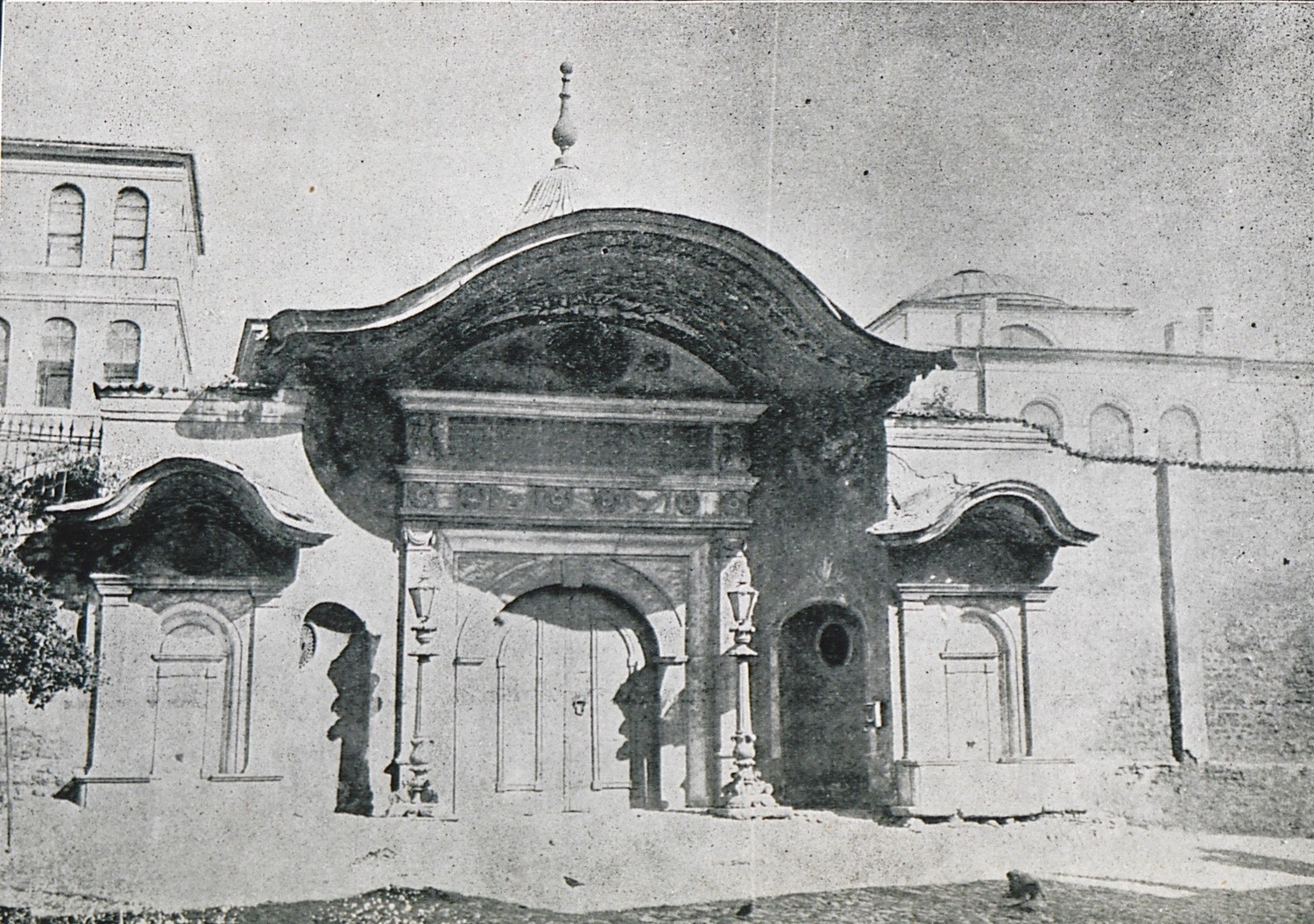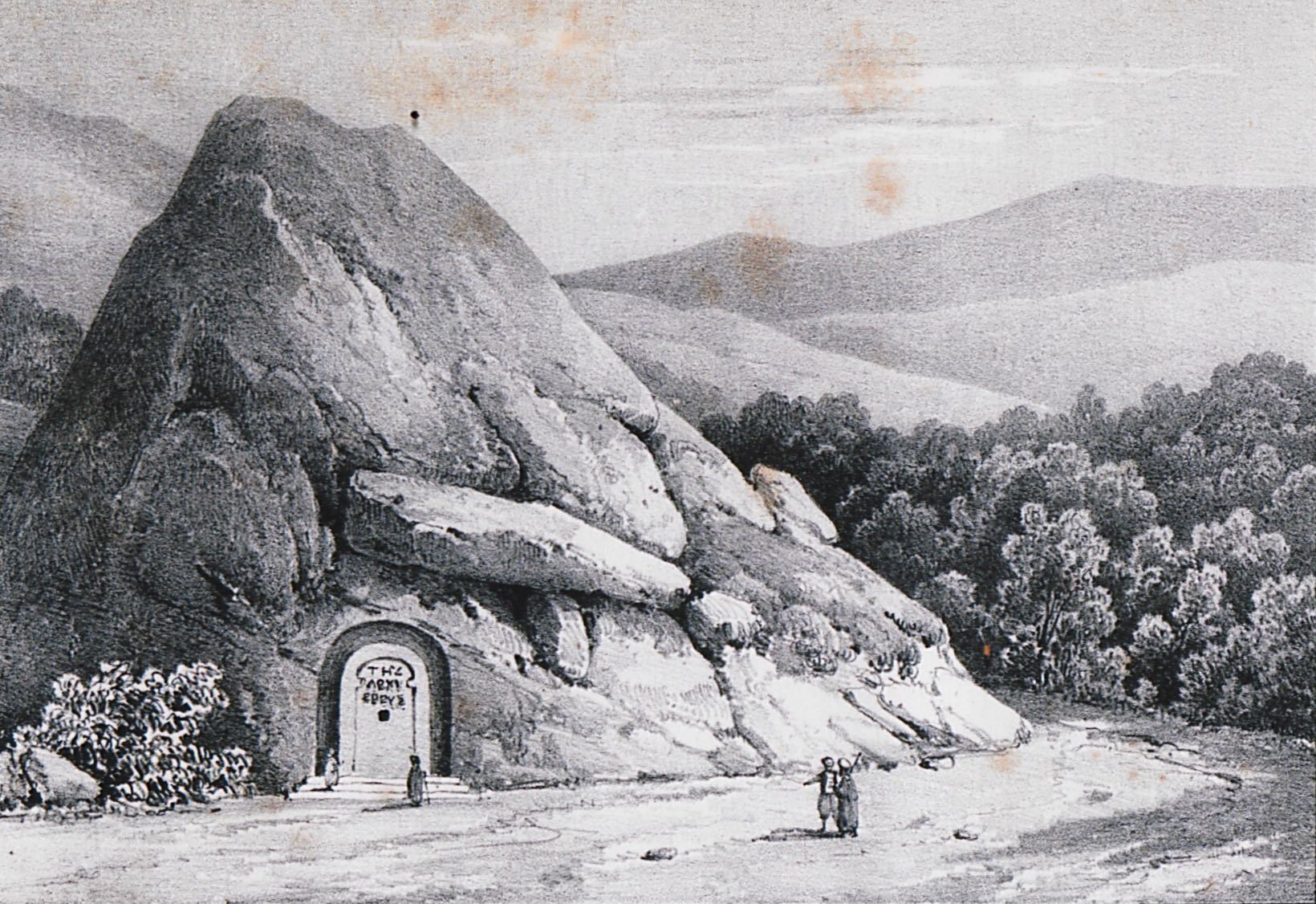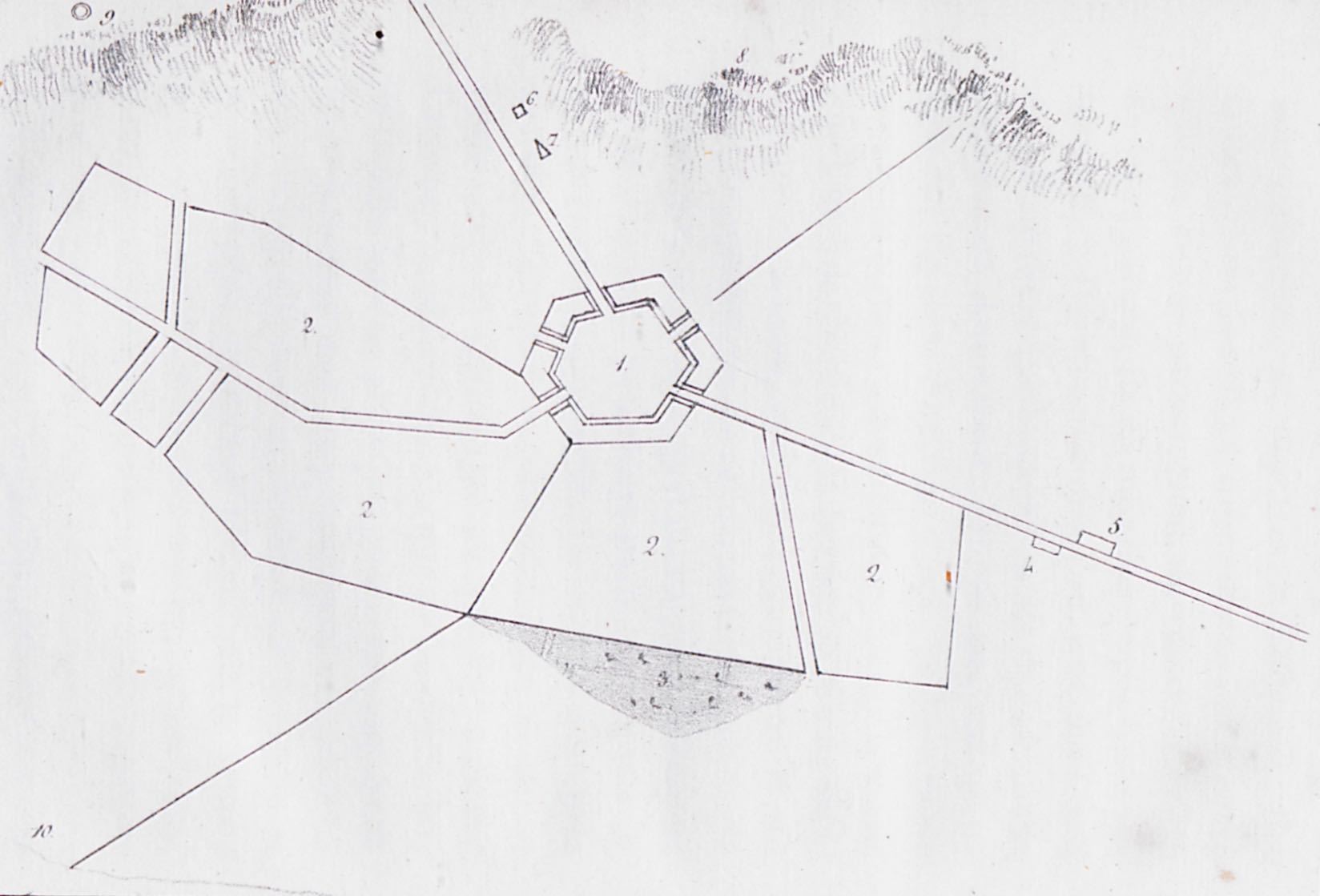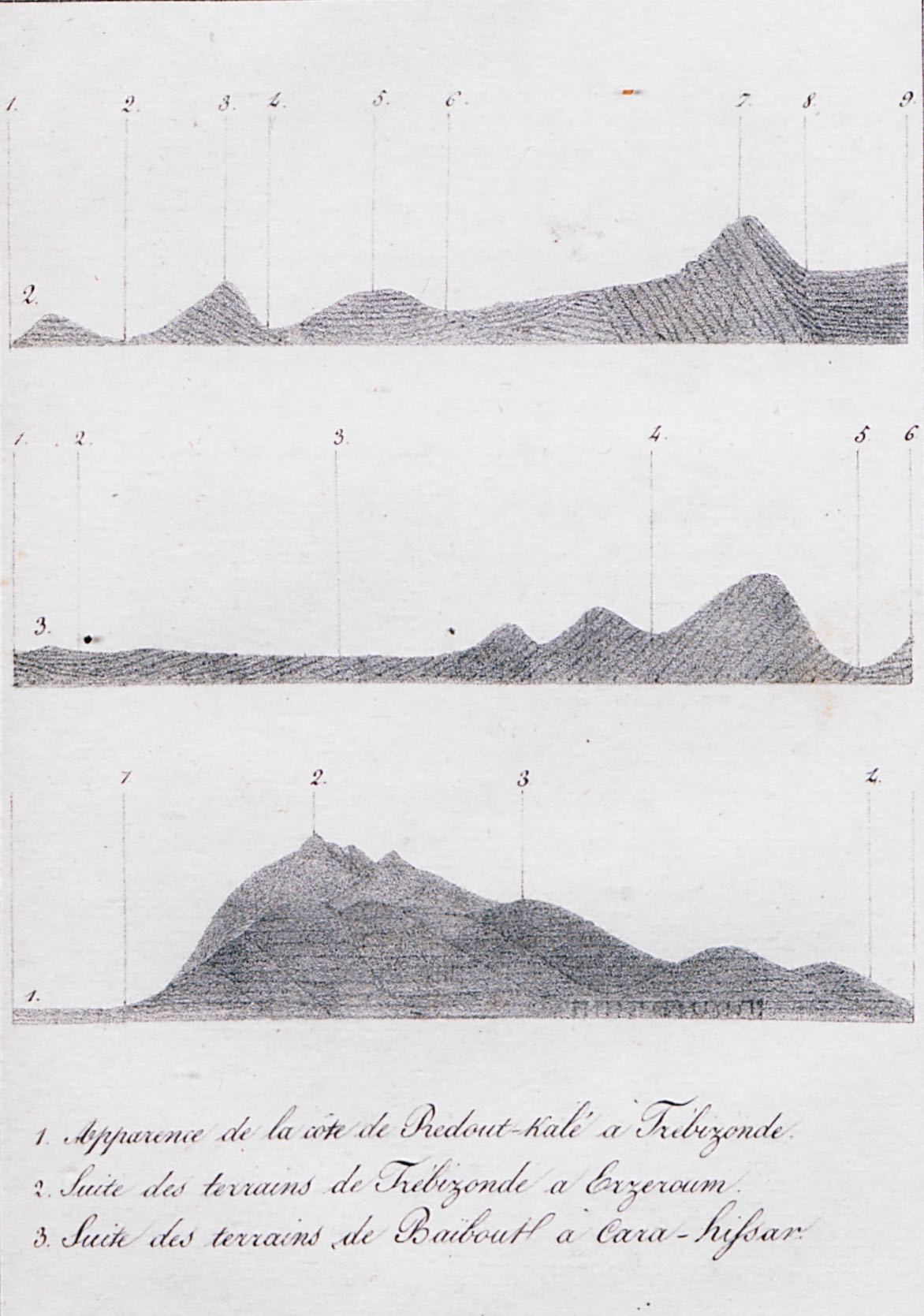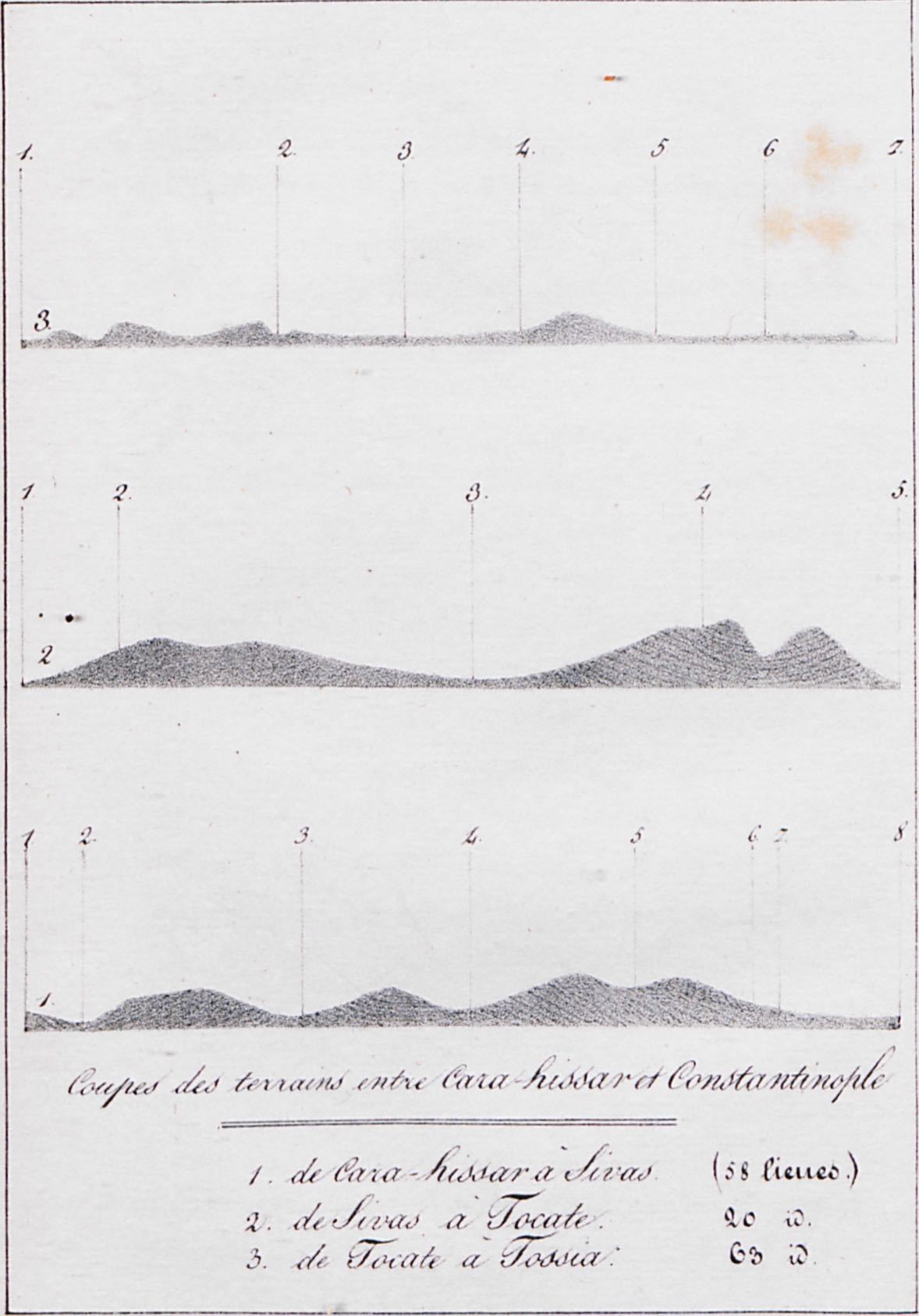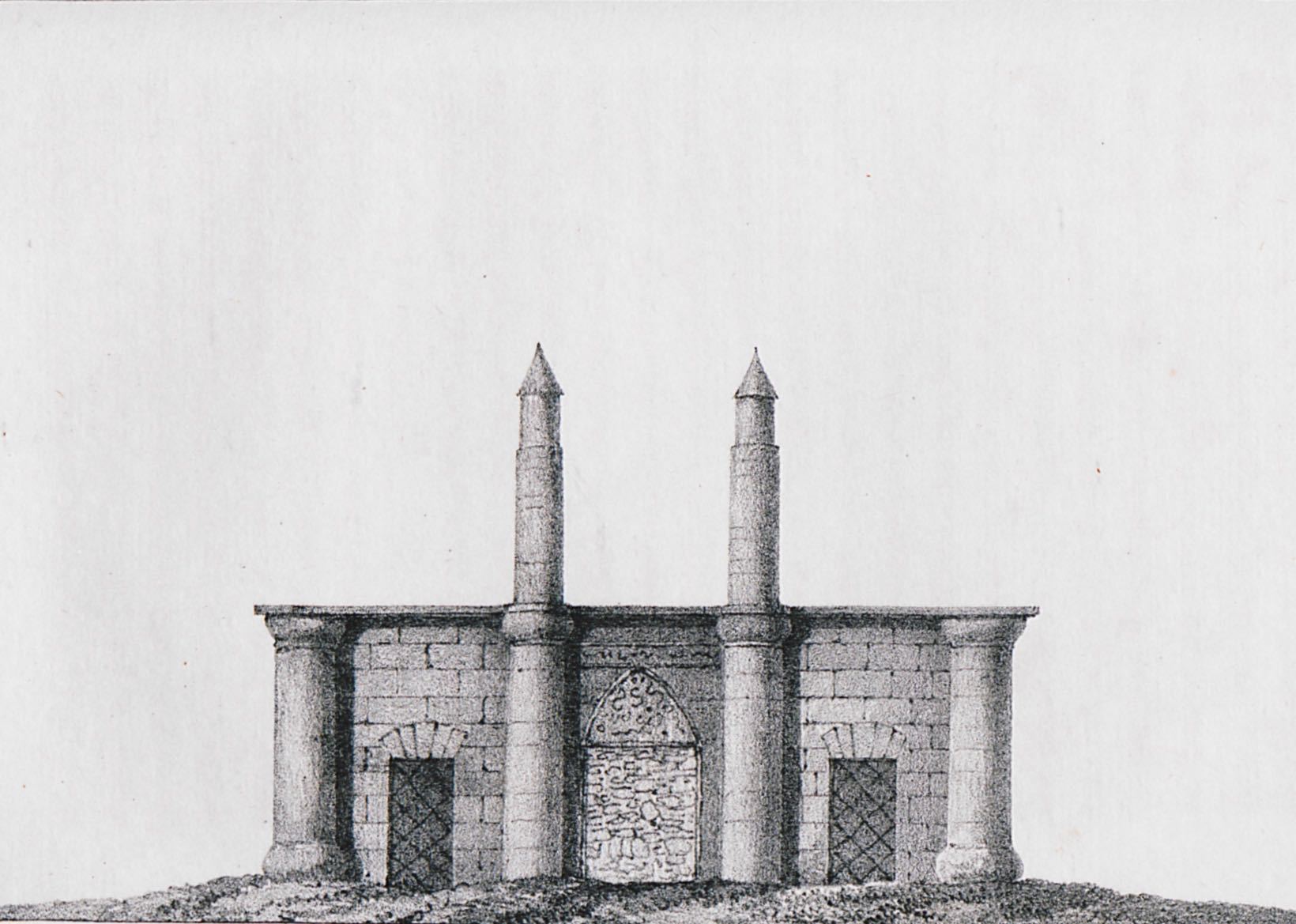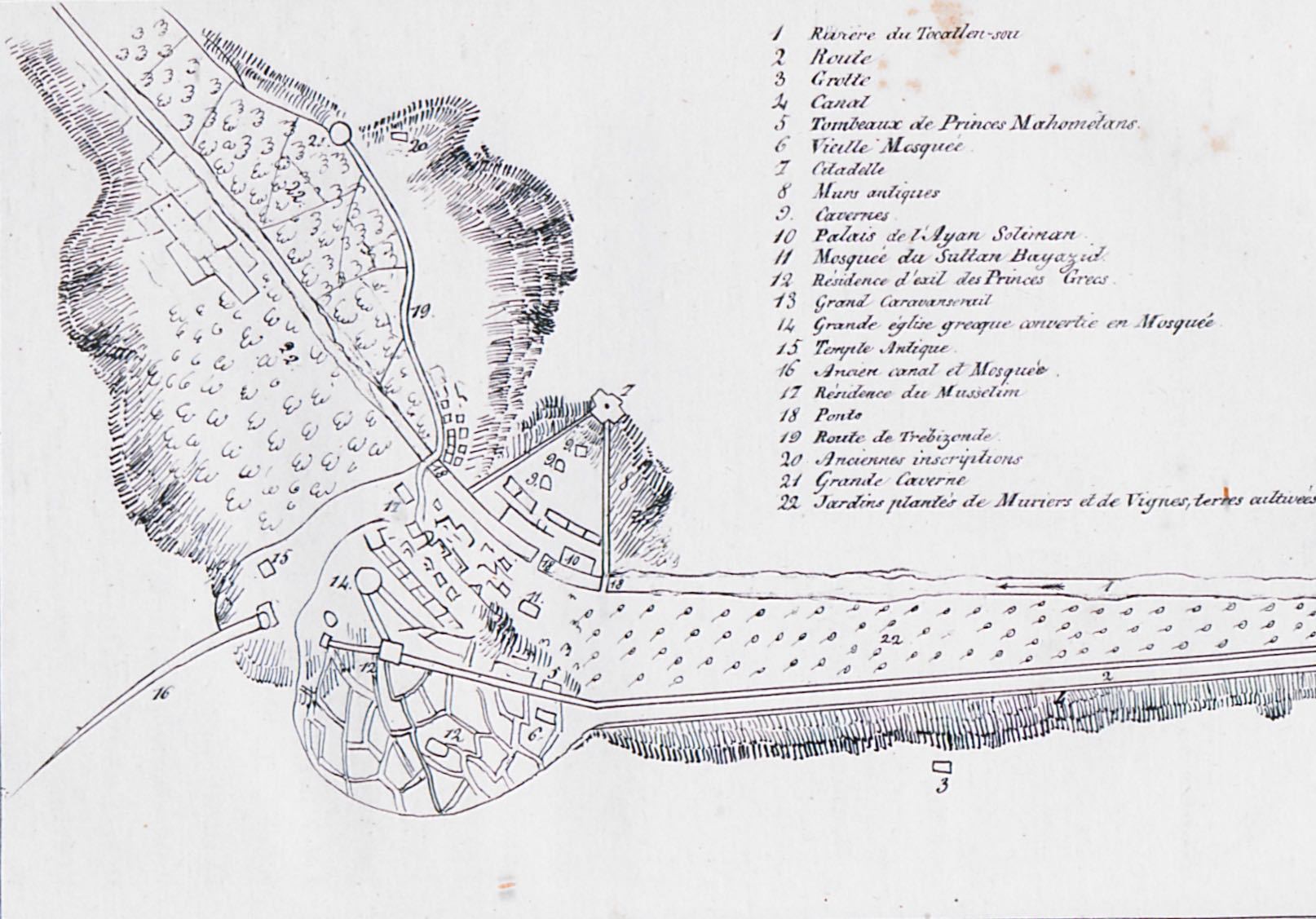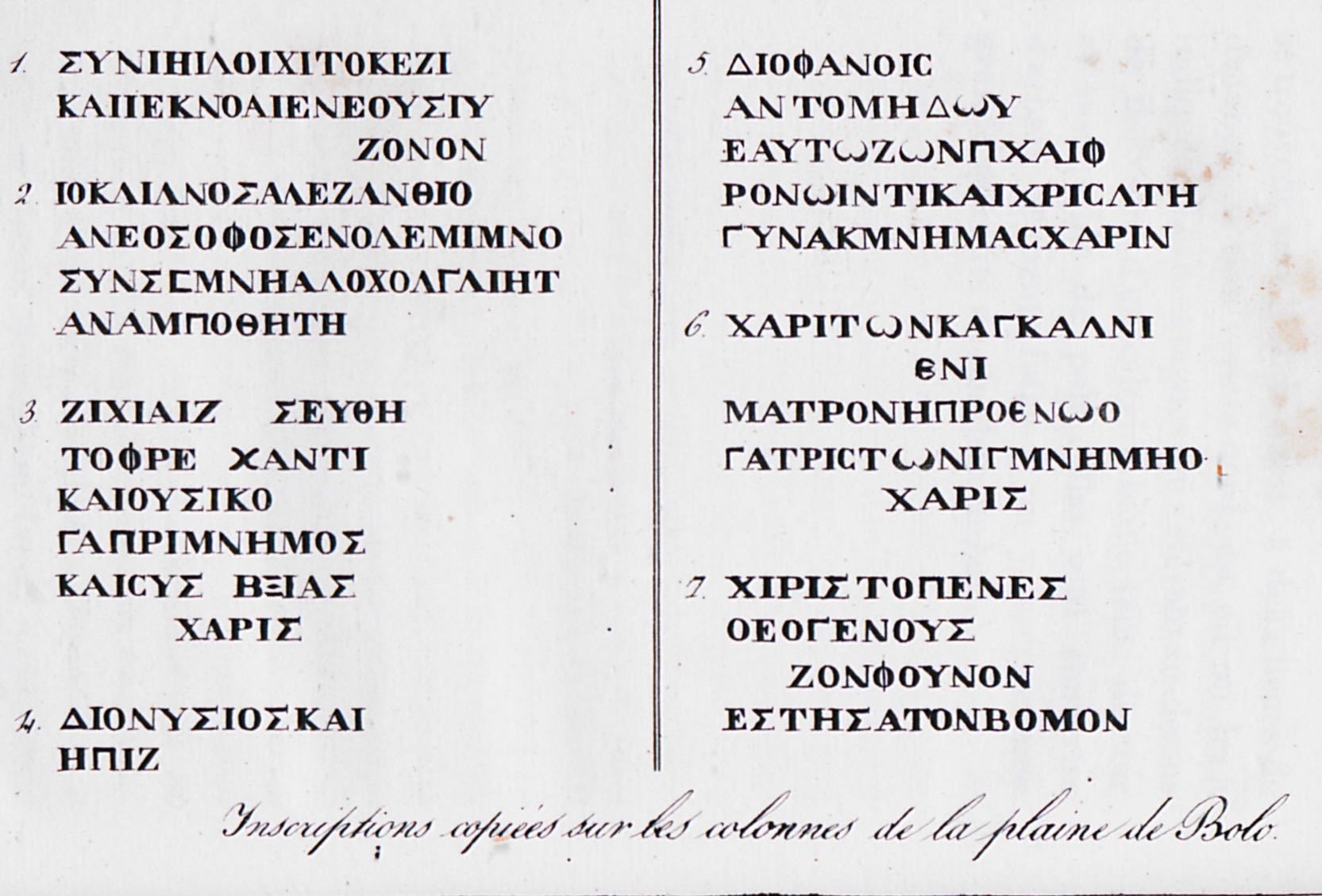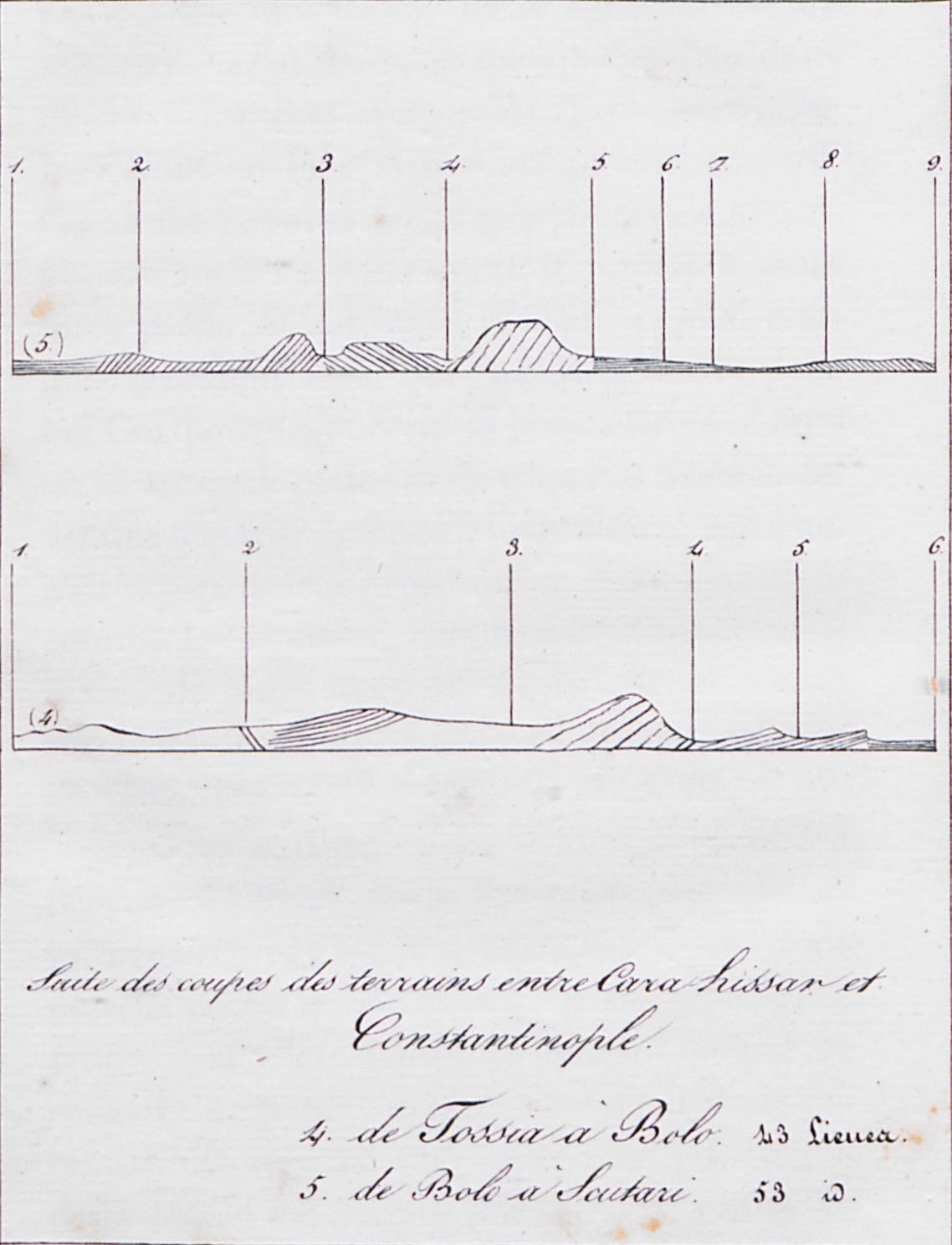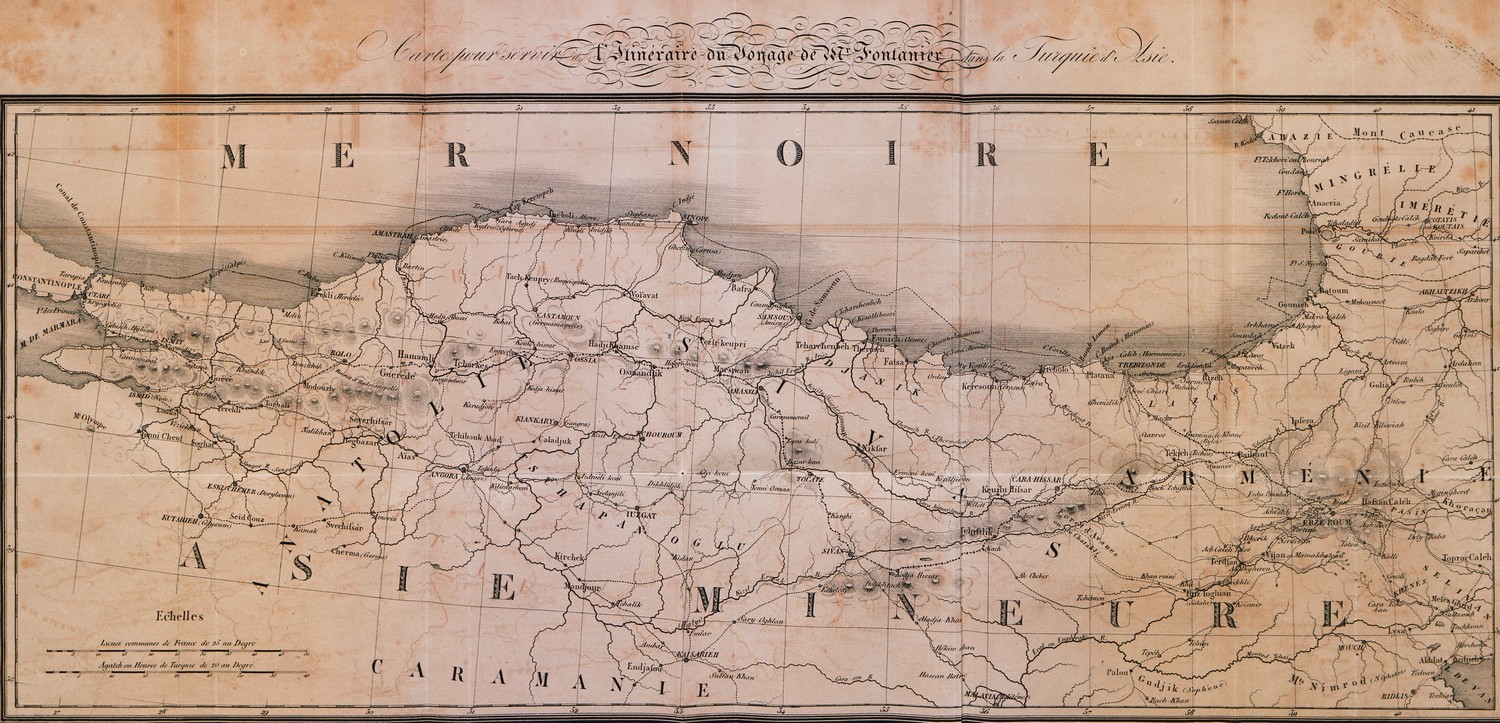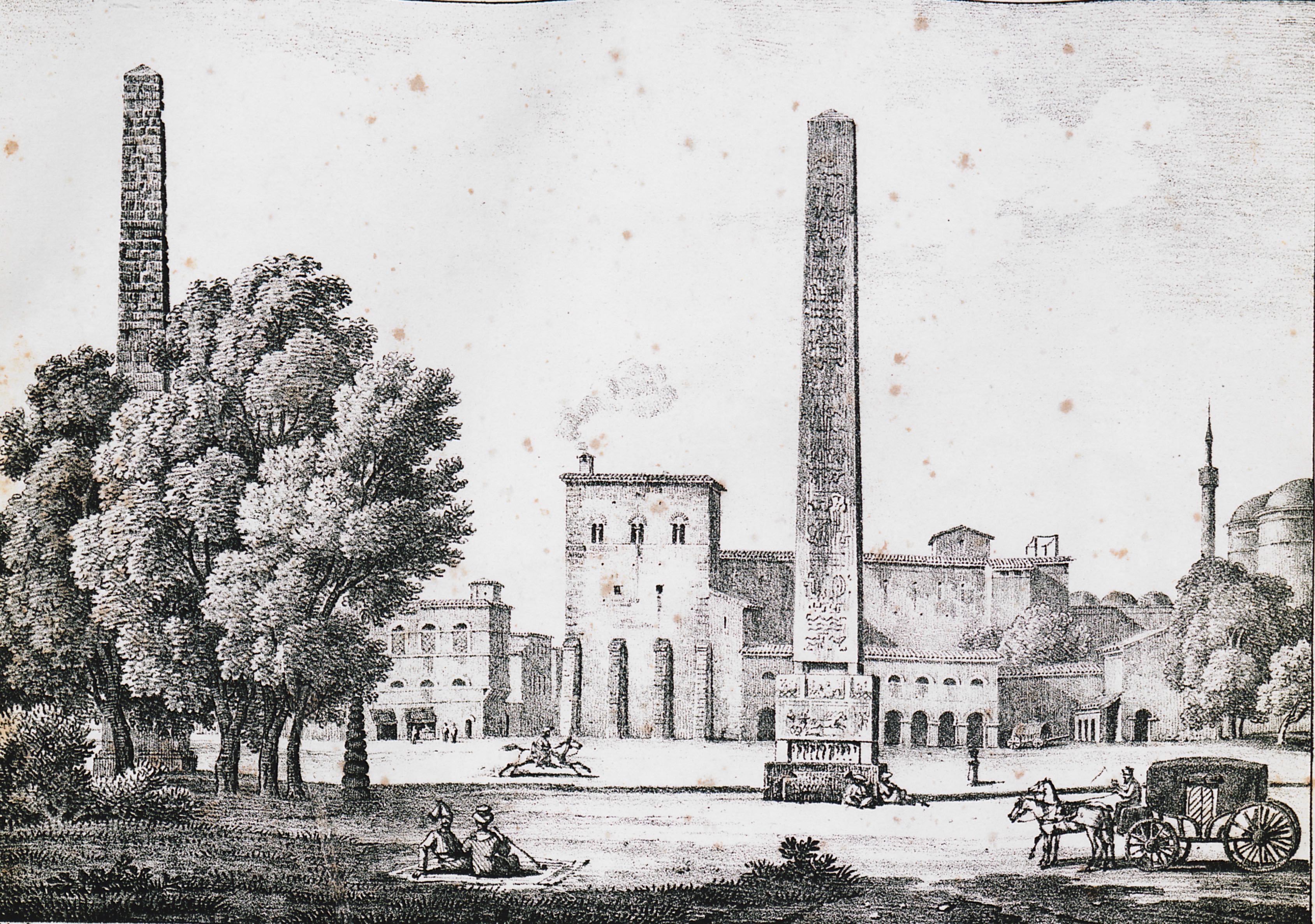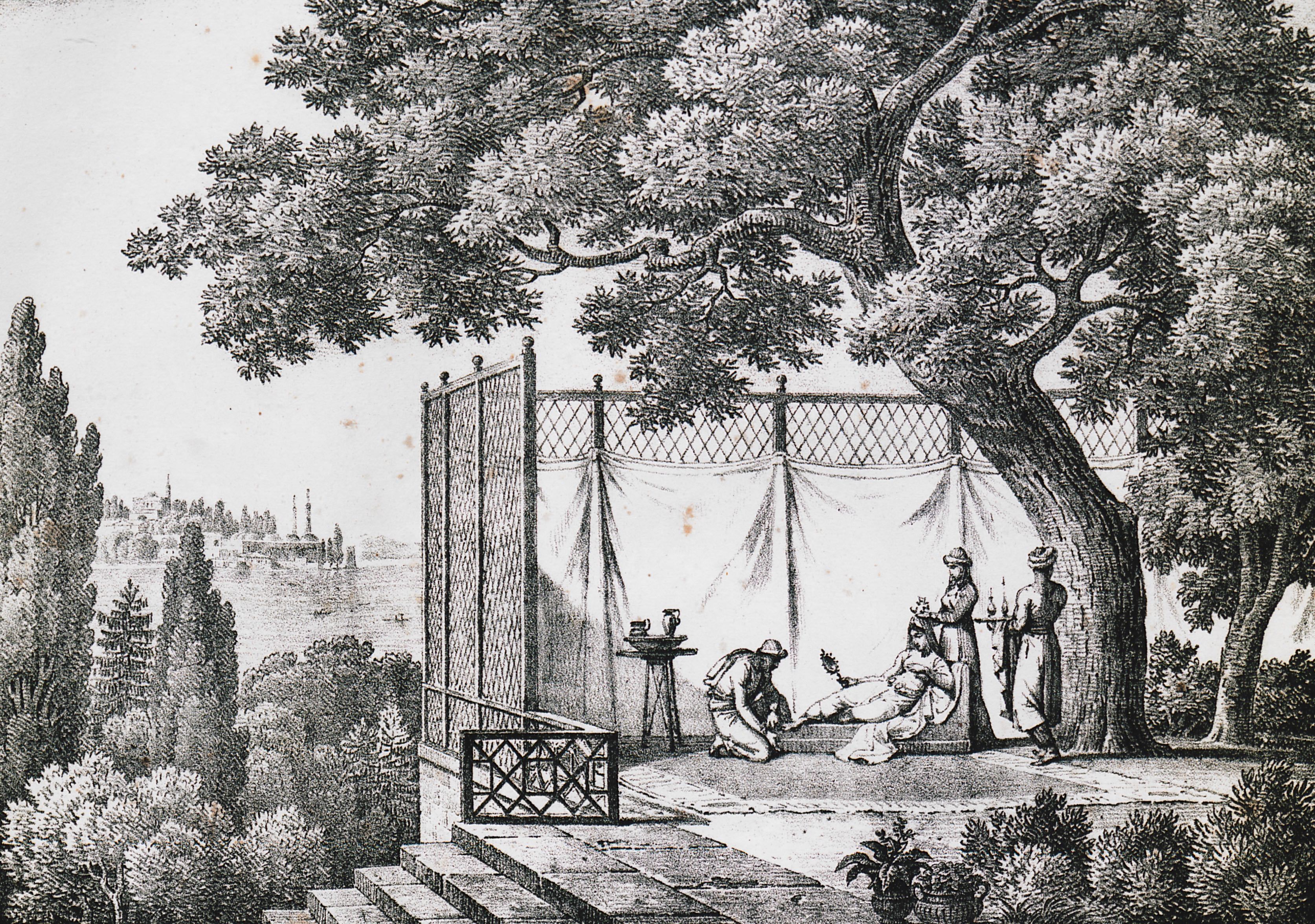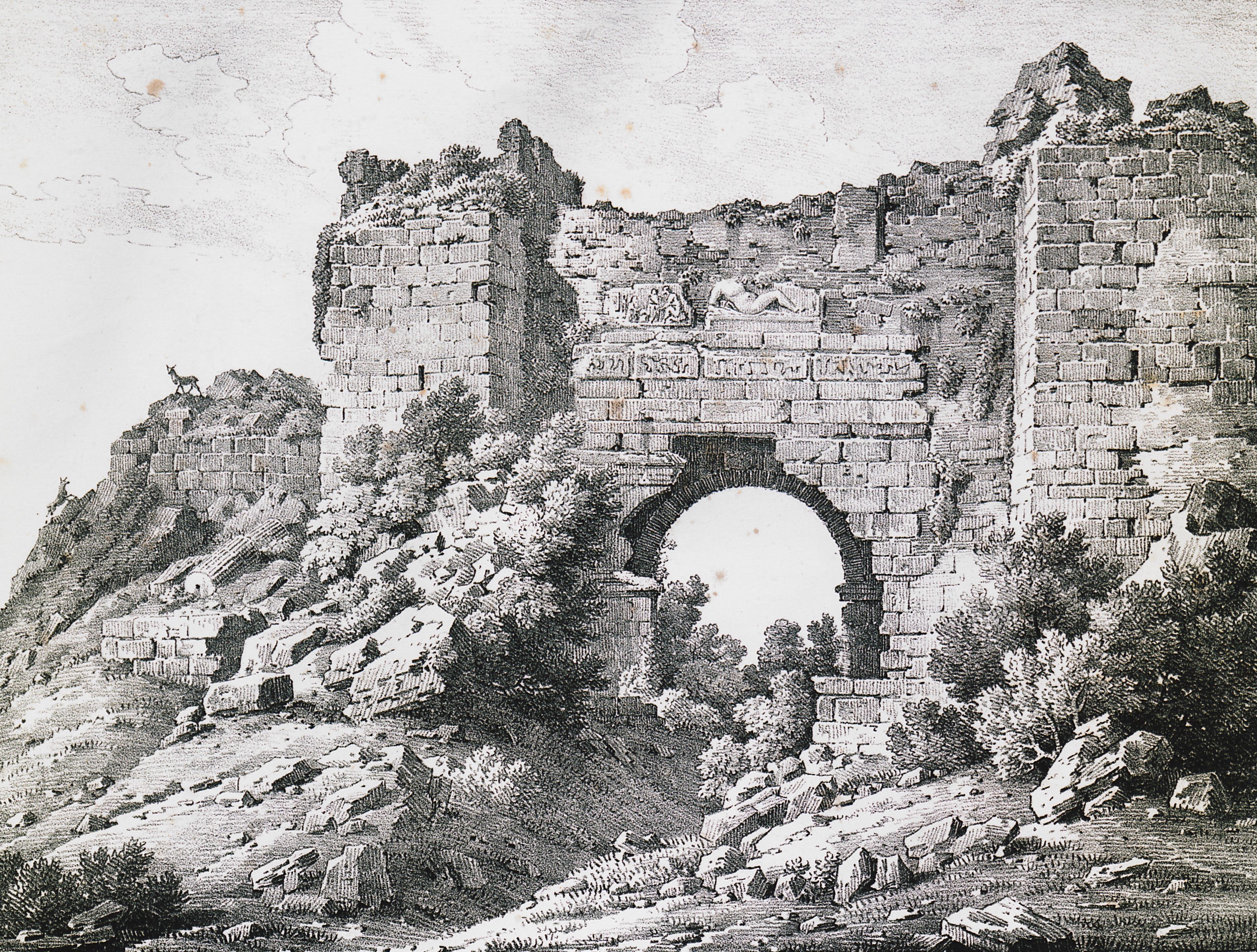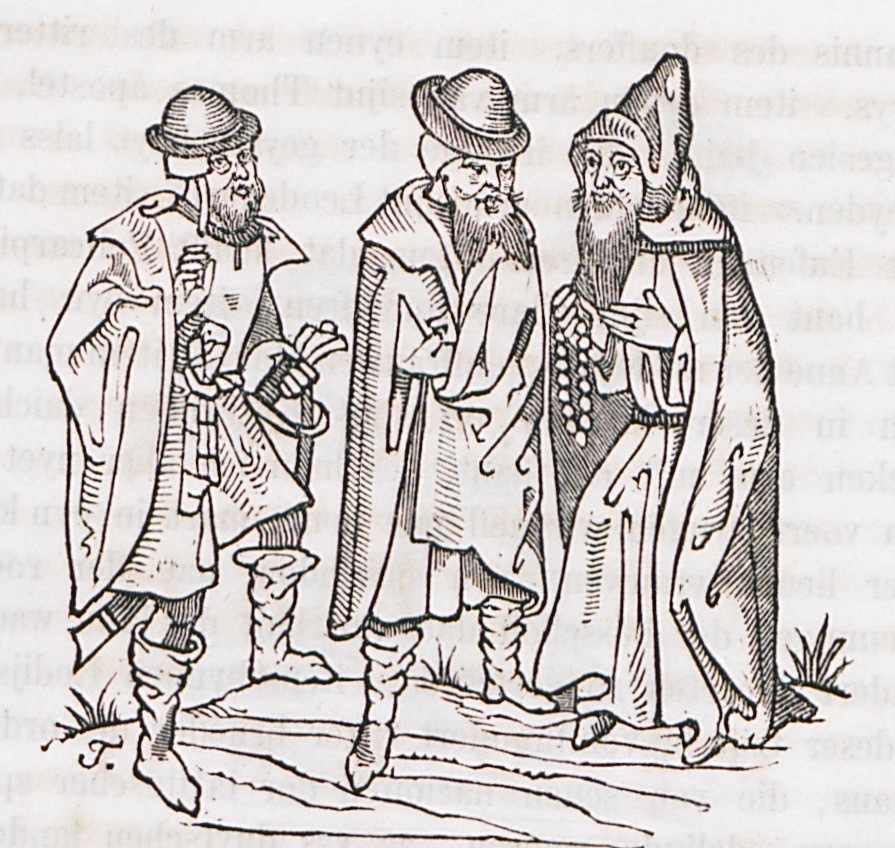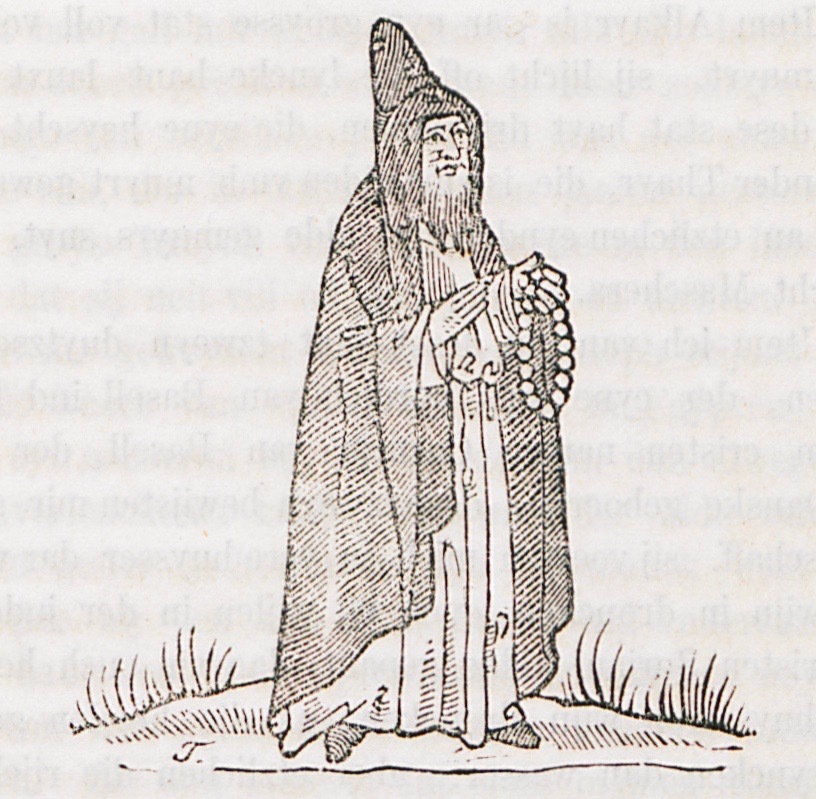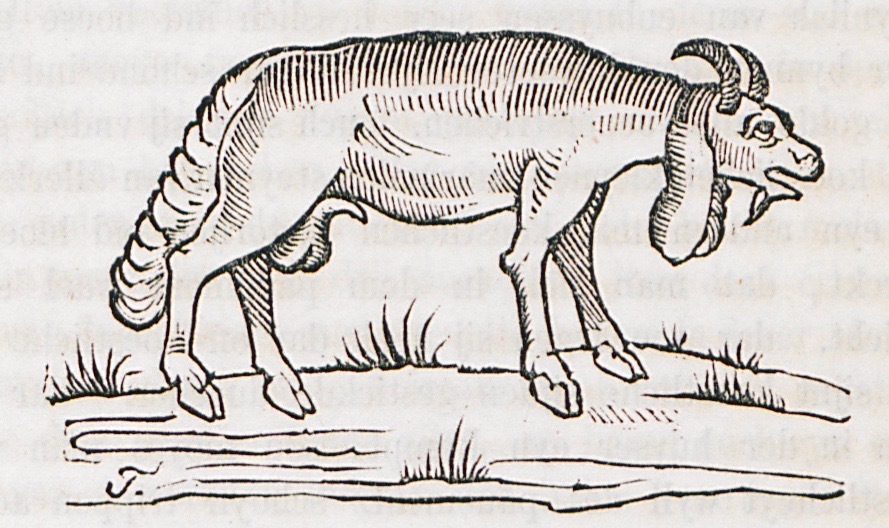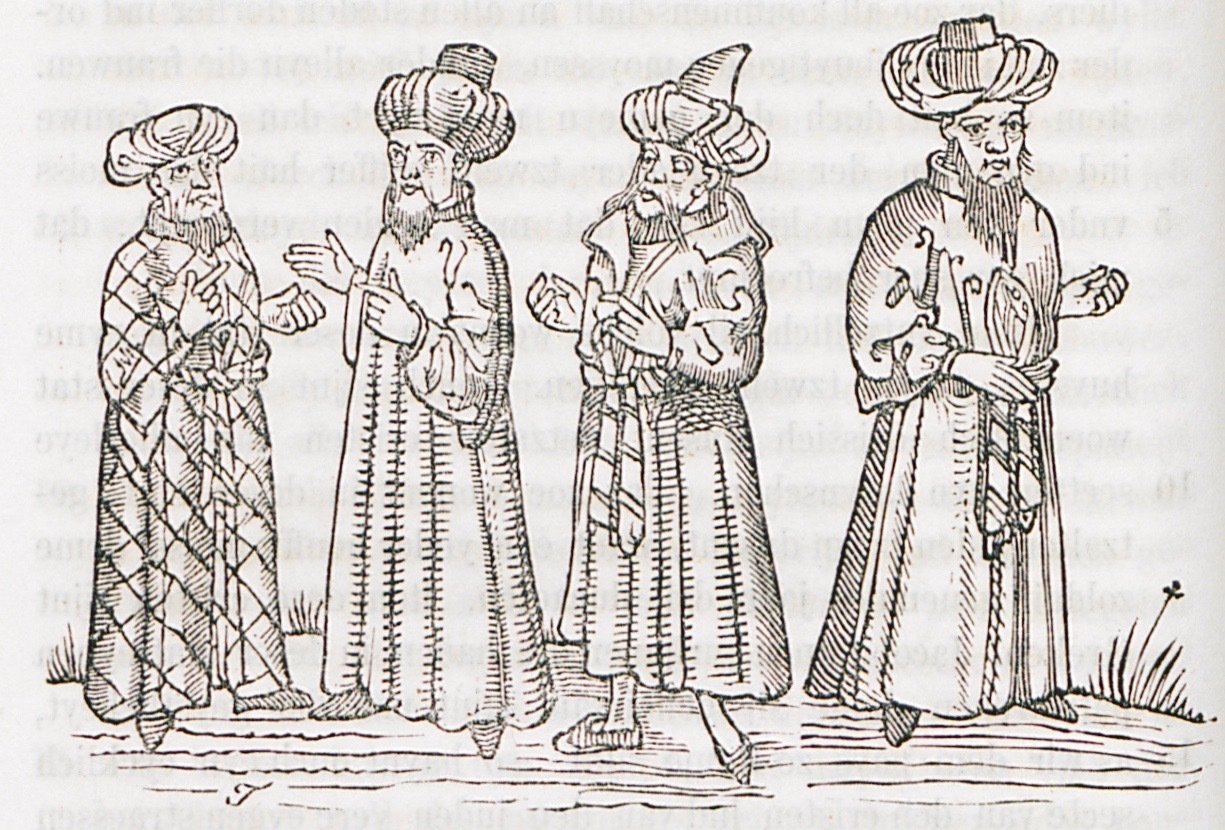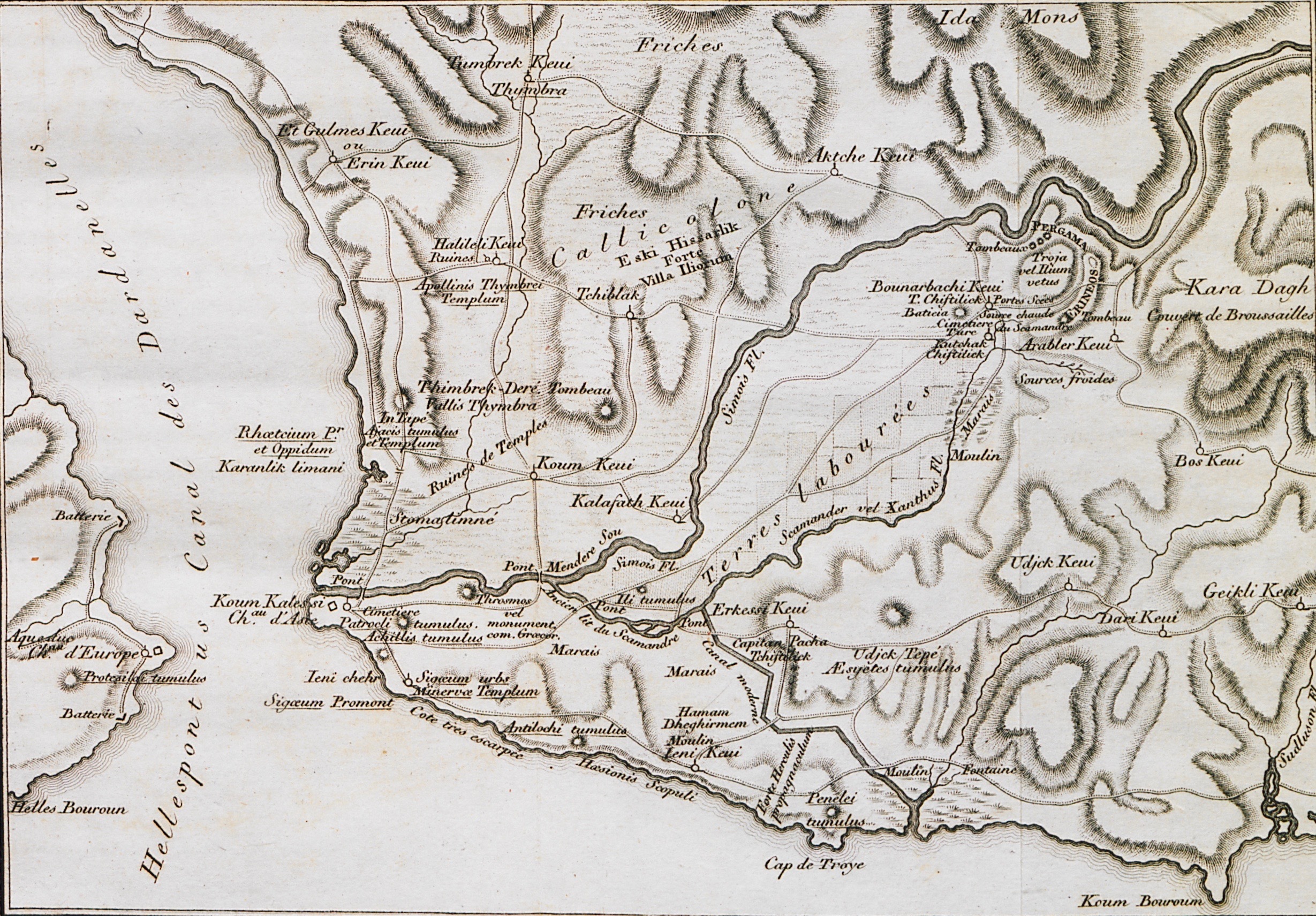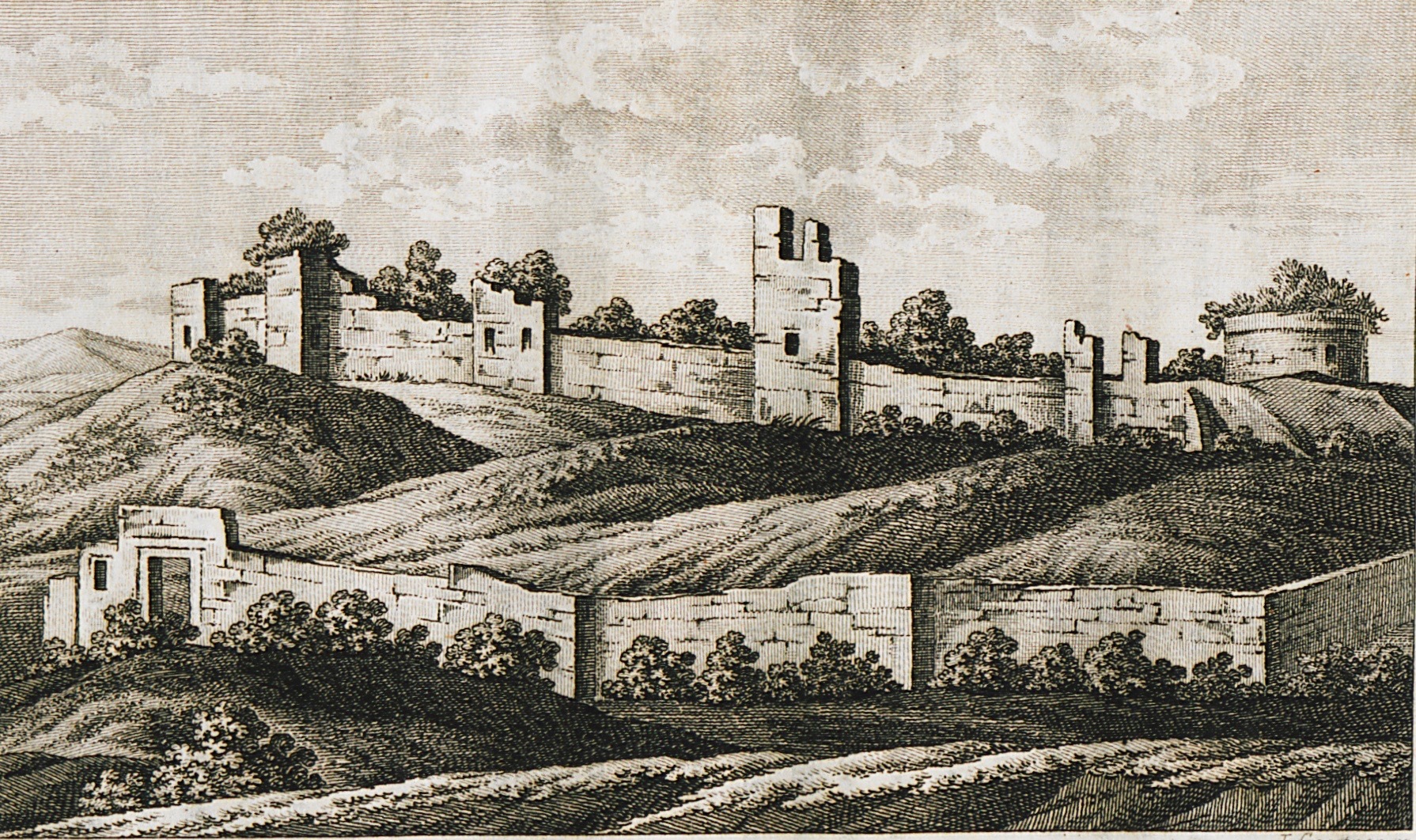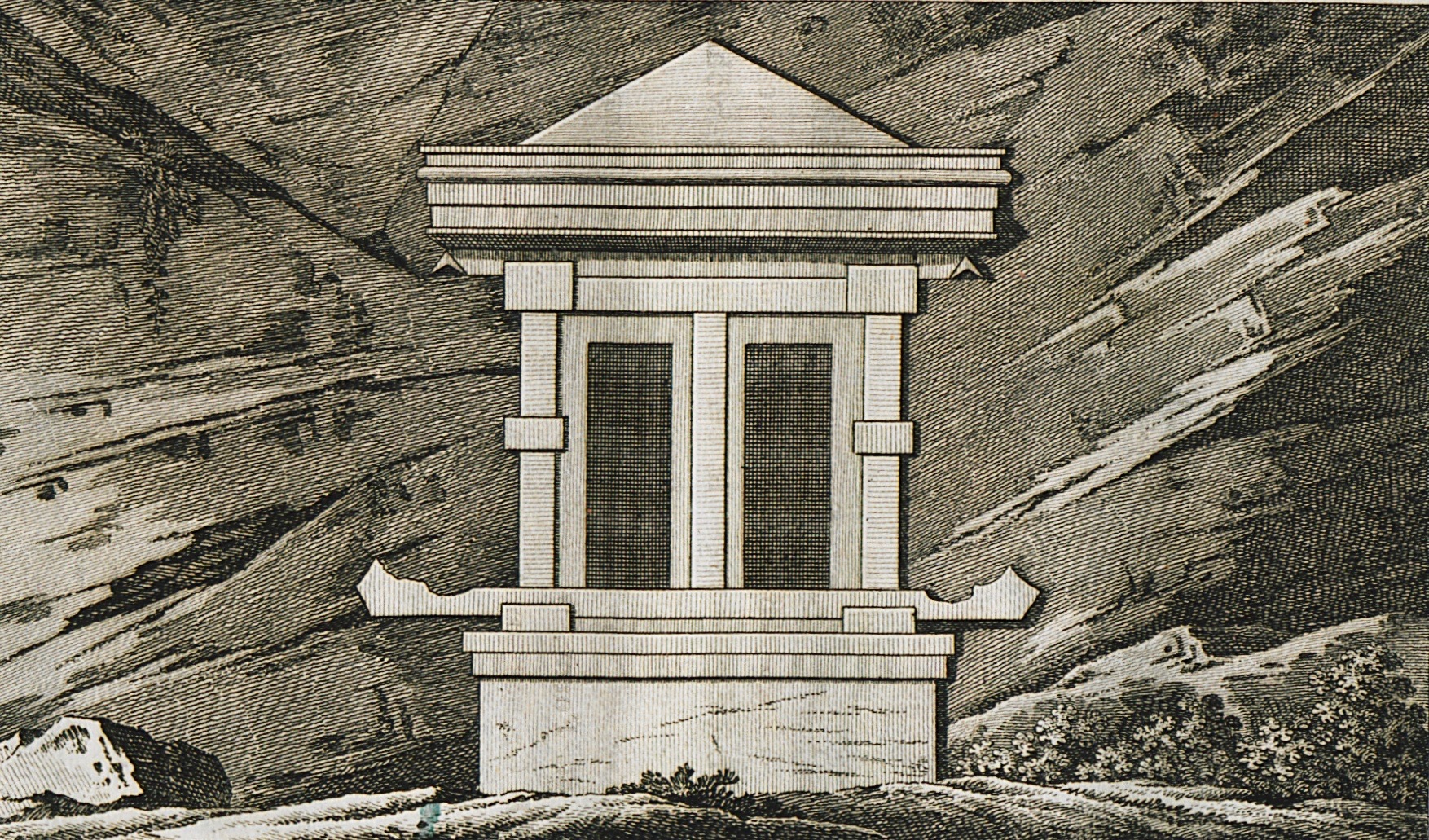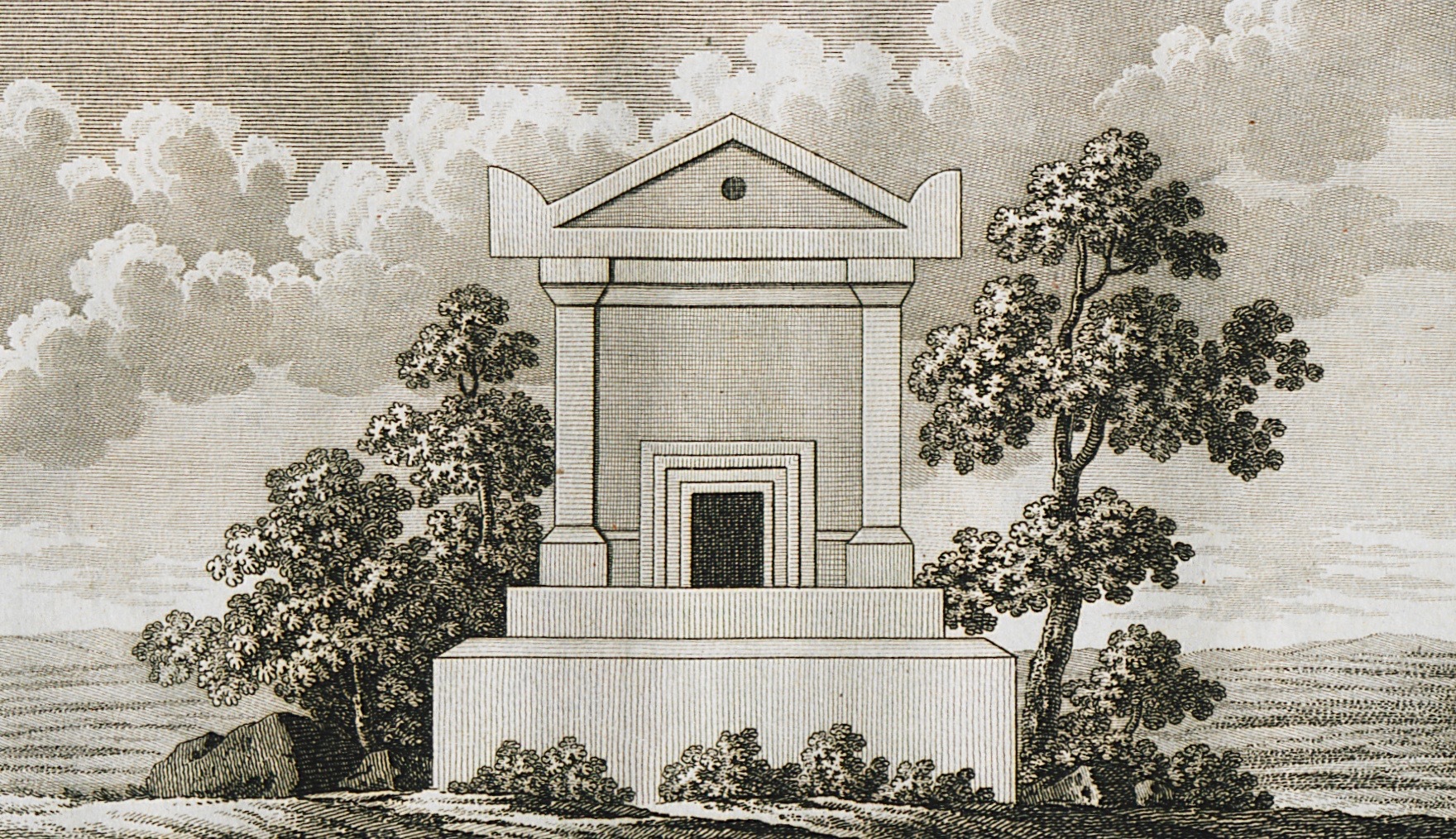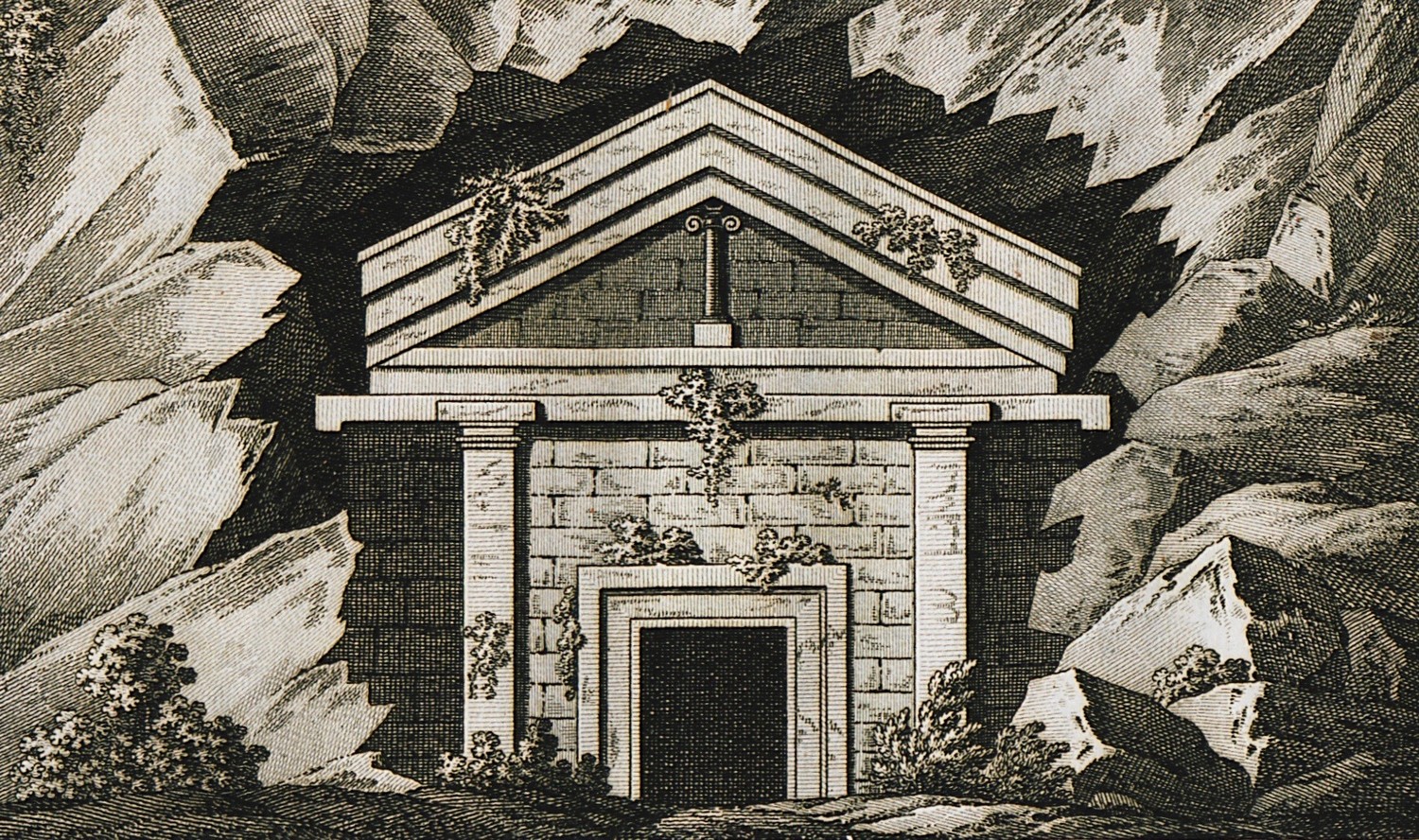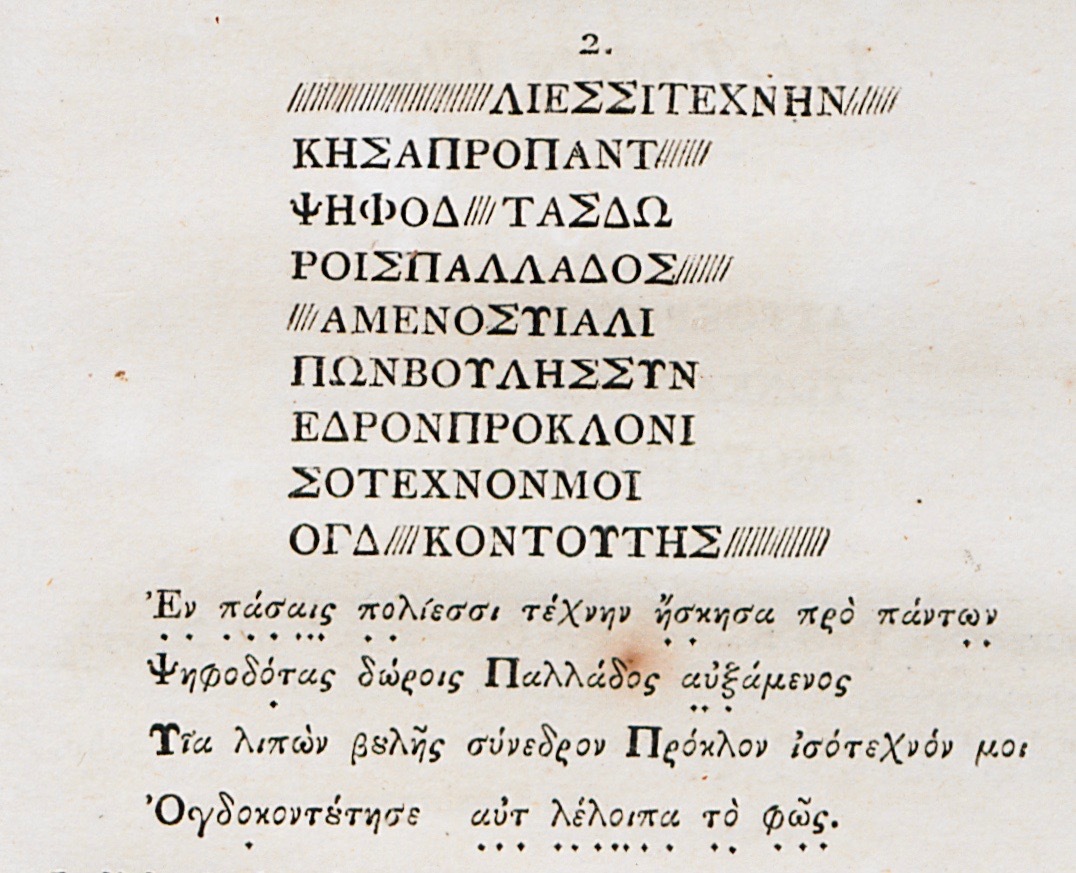Turkey (3294 Subjects)
Woman of Istanbul.
Entrance to the Governor's Seat at Istanbul, formerly the seat of Ottoman government and administration (Sublime Porte).
Tombs of the Kings of Pontus at Amasya: the eastern mausoleum, also known as Aynali Magara.
Topographical map of Erzerum. Numbers 1 and 2 show the town castle and the modern settlement respectively. Number 8 shows the position of Taurus mountains.
1 (bottom): Geologic cross-section of the region between Redout Kale (today Kuveli) in Georgia, and Trebizond, Turkey. 2 (top): Geologic cross-section of the region between Trebizond and Erzerum. 3 (middle): Geologic cross-section of the region between Bayburt and Şebinkarahisar.
1 (bottom): Geologic cross-section of the region between Şebinkarahisar and Sivas. 2 (middle): Geologic cross-section of the region between Sivas and Tocat. 3 (top): Geologic cross-section of the region between Tocat and Tosya.
Gökmedrese (Celestial Madrasah) in Sivas.
Map of Amasya. Numbers 9 and 20 show the Tombs of the Kings of Pontus.
Inscriptions from Bolu, Asia Minor.
4 (bottom): Geologic cross-section of the region between Tosya and Bolu. 5 (top): Geologic cross-section of the region between Bolu and Üsküdar (Istanbul).
Map showing the author's itinerary.
The Byzantine Hippodrome of Istanbul. At the centre, the obelisk of Theodosius I.
Ottoman woman having coffee in her garden.
The Gate of Persecution at Ephesus. At the top of the arch, spolia of ancient sarcophagus.
Costumes of the Ottoman empire: Turkish (left) and Greek (right).
Greek Orthodox monk.
Sheep of the Eastern Mediterranean.
From left to right: Christian, pagan, Muslim and Jewish costumes of the Middle East.
Map of the Troad.
The medieval castle of Makri in Asia Minor.
Lycian tomb at ancient Telmessos.
Lycian tomb close to ancient Telmessos.
Lycian tomb, possibly close to ancient Telmessos.
Ancient inscription from Perinthus.


